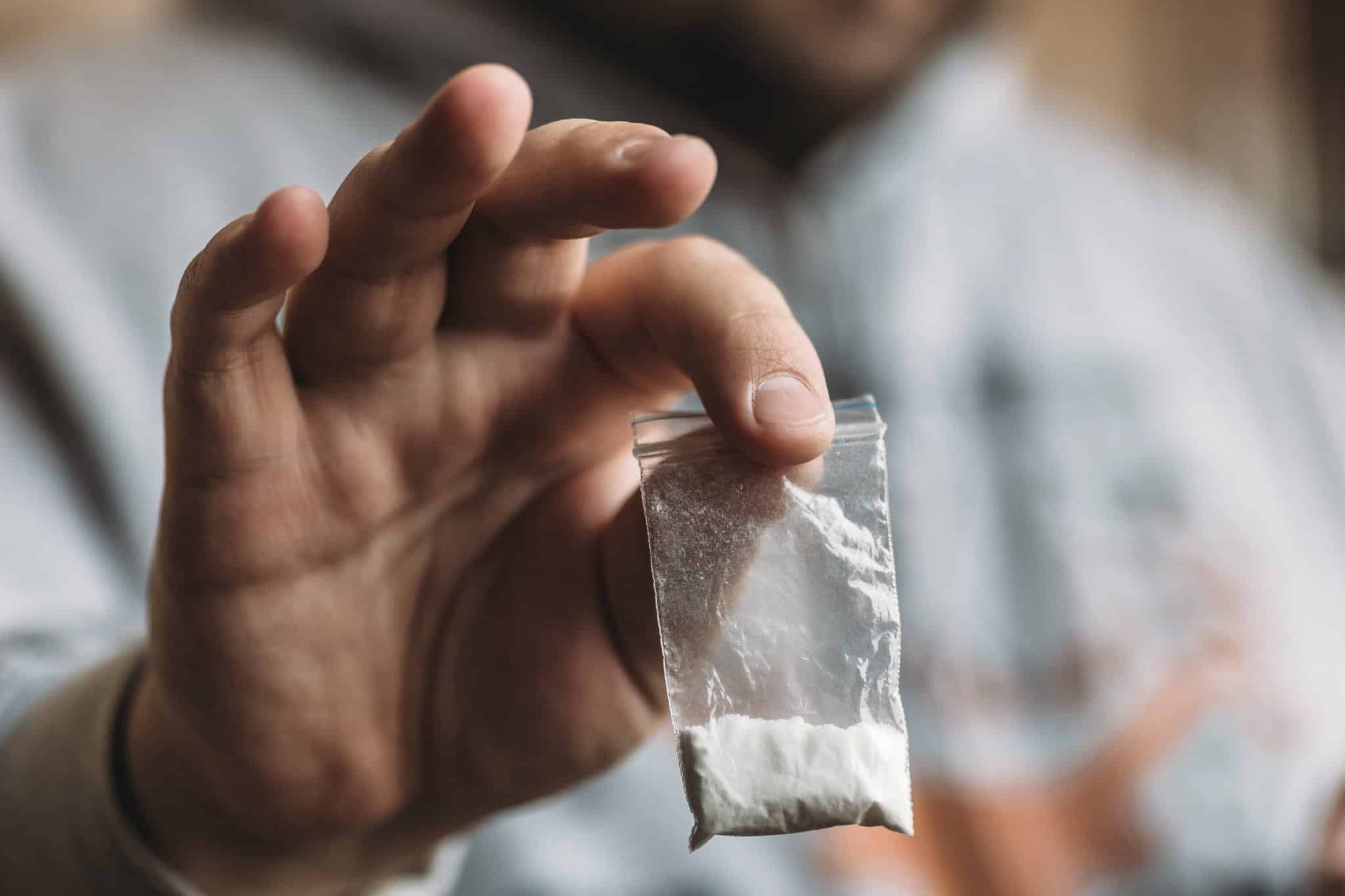While you may think it a harmless practice, reaching for a beer or a glass of wine after a stressful day puts your health at risk. Alcohol and stress often go hand in hand, becoming an unhealthy coping mechanism that can turn into alcohol dependence. Luckily, there are healthy alternatives to help you cope with stress, anxiety or depression. Professionals can also help you address addiction issues through various therapeutic methods.
Keep reading to learn how to stop stress drinking and regain control of your health.
How to Recognize You’re Using Alcohol to Cope
Alcohol and stress are often intertwined because of how drinking affects the brain. Alcohol interacts with our brain’s reward or “pleasure” systems, which can motivate people to consume higher levels of alcohol to achieve pleasurable effects. Researchers believe that people with higher stress levels tend to drink more.
There are a few signs that might indicate you have a more problematic relationship with alcohol, including:
- Using drugs or alcohol to unwind: American culture often depicts substance use as a way of dealing with stress, though using substances to cope can turn into an addiction. If you’re drinking or using substances to alleviate pressure from school, work or family issues, you risk introducing even more complex health problems, including addiction.
- Always using substances in social situations: Another behavior often encouraged in American culture is using substances in every social situation. If you’re having several drinks and feeling like you need alcohol to be comfortable and confident in social situations, it’s time to examine your substance use.
- Using alcohol to sleep: Sleep and addiction are often connected, creating a bidirectional relationship. Alcohol use can lead to sleep problems, though insomnia can increase the risk of developing alcohol use disorder.
- Daydreaming about alcohol: If you’re frequently thinking about drinking alcohol when not around it, you may be using it to cope. For instance, if you’re experiencing a stressful day at work and find yourself thinking about drinking to eliminate unhealthy emotions, this is a sign your relationship with substances is verging into problematic territory.
7 Tips to Stop Stress Drinking
Stress drinking is an unhealthy coping mechanism that can adversely affect your physical and mental health. Here are some ideas for how to relax without alcohol and stop the cycle in its tracks:
1. Spend Time with Friends and Family
Surrounding yourself with friends and family can help you relieve stress and avoid alcohol dependence. It’s essential to spend your time around those who will encourage your decision to minimize alcohol intake and who do not add to your stress.
Engage in fun, healthy activities like hiking or cooking together. By surrounding yourself with like-minded people supporting your decision, you’ll find many more impactful ways to manage your stress.
2. Start an Exercise Routine
Exercise is another excellent way to reduce stress hormones in the body, like cortisol and adrenaline. It also increases your endorphins, acting as a natural mood booster. Just a small amount of exercise can positively affect your stress.
Of course, ensure you’re planning for the right amount of exercise each week. You’ll want to plan achievable, attainable goals you can master to help eliminate excessive alcohol use. When you’re using alcohol to cope, you’ll find it only masks the stress. Exercise, on the other hand, can help eliminate it.
3. Practice Meditation and Mindfulness
Meditation can help you better understand your thought process and why you might be turning to alcohol to cope. This way, you can help minimize alcohol intake and gain a better perspective on your life. Meditation can also help you find a sense of calm and can effectively relieve stress when you put it into practice.
Mindfulness is similar in that it helps you focus on your breathing and ground you in your senses. When being mindful, you pay attention to your five senses, removing expectations and anxiety while allowing you only to pay attention to your immediate surroundings. So, if you were to take a mindful walk, you’d focus on your feet hitting the ground, the sounds around you and what you see.
4. Find Reasons to Laugh
Laughter is a powerful mood booster that can help relieve stress. Try watching a funny movie or TV show during stressful moments or after a long work day. Laughter can help reduce your stress response by relieving tension in the body and relaxing your muscles. It can also improve your mood and immunity, helping you feel healthier and happier overall.
Unlike stress drinking, laughter can put an end to your stress and improve your mental and physical health.
5. Reflect in a Journal
Through thoughtful reflection, you can gain a perspective on your life and feel better in stressful moments. Practice gratitude by writing down everything you’re grateful for in your life. You’ll find that it can help you gain a more positive outlook on life and help eliminate the cycle of stress drinking.
Spend a few minutes a day writing in a journal to replace negative thoughts or stressors with gratitude and healthy reflections on life. This simple practice can also help you prevent alcohol dependence and improve your daily routine and well-being.
6. Spend Time With Your Pet
Animals can provide social support, companionship and a sense of purpose. Just being around your furry friend can help reduce symptoms of stress by releasing oxytocin in the brain. Oxytocin ushers in more positive moods, helping eliminate stress and replace it with feelings of care and compassion.
Try going on a walk with your pet if you can to introduce even more health benefits into your life. By getting active and caring for a pet, you can replace those episodes of stress drinking with something healthy and meaningful.
7. Donate Your Time
Helping someone in need can make you feel better. Research shows that giving back to others can improve your mood and take the focus off your struggles. You may find that by helping others, your stress levels and desire to drink will drastically decrease.
Search for volunteer opportunities near you. Whether you’re hoping to help animals or people, there’s never a shortage of options to help you make the perfect volunteer match.
Reach out to Us for Help in Your Recovery
Drinking isn’t the answer to stress. You’ll find so many ways to work through stress and anxiety in your life, addressing issues rather than suppressing them. Start with small goals and build as you go, having patience with yourself every step of the way. If you’re having difficulty managing your stress drinking, it could be a sign of a more significant issue. In this case, therapy is necessary for lifelong sobriety.
The health professionals at Crest View Recovery Center can help you learn how to relax without alcohol and address addiction issues through holistic, individualized outpatient treatment. We strive to help you improve your health and well-being, meeting you wherever you are in your recovery to help you get the most out of therapy.
To learn more about our programs, call us at (866) 327-2505 or fill out our online form today.






